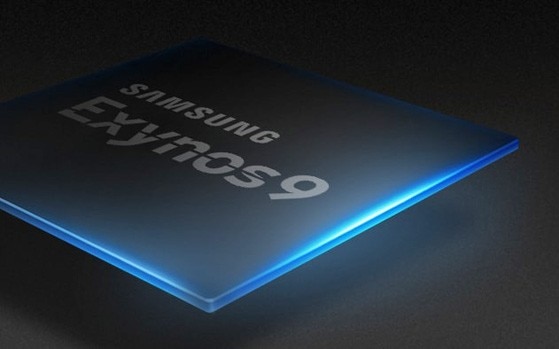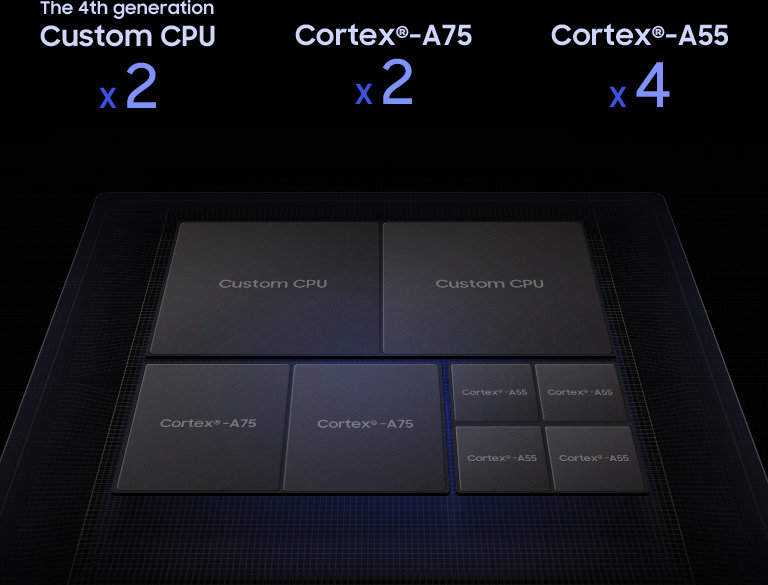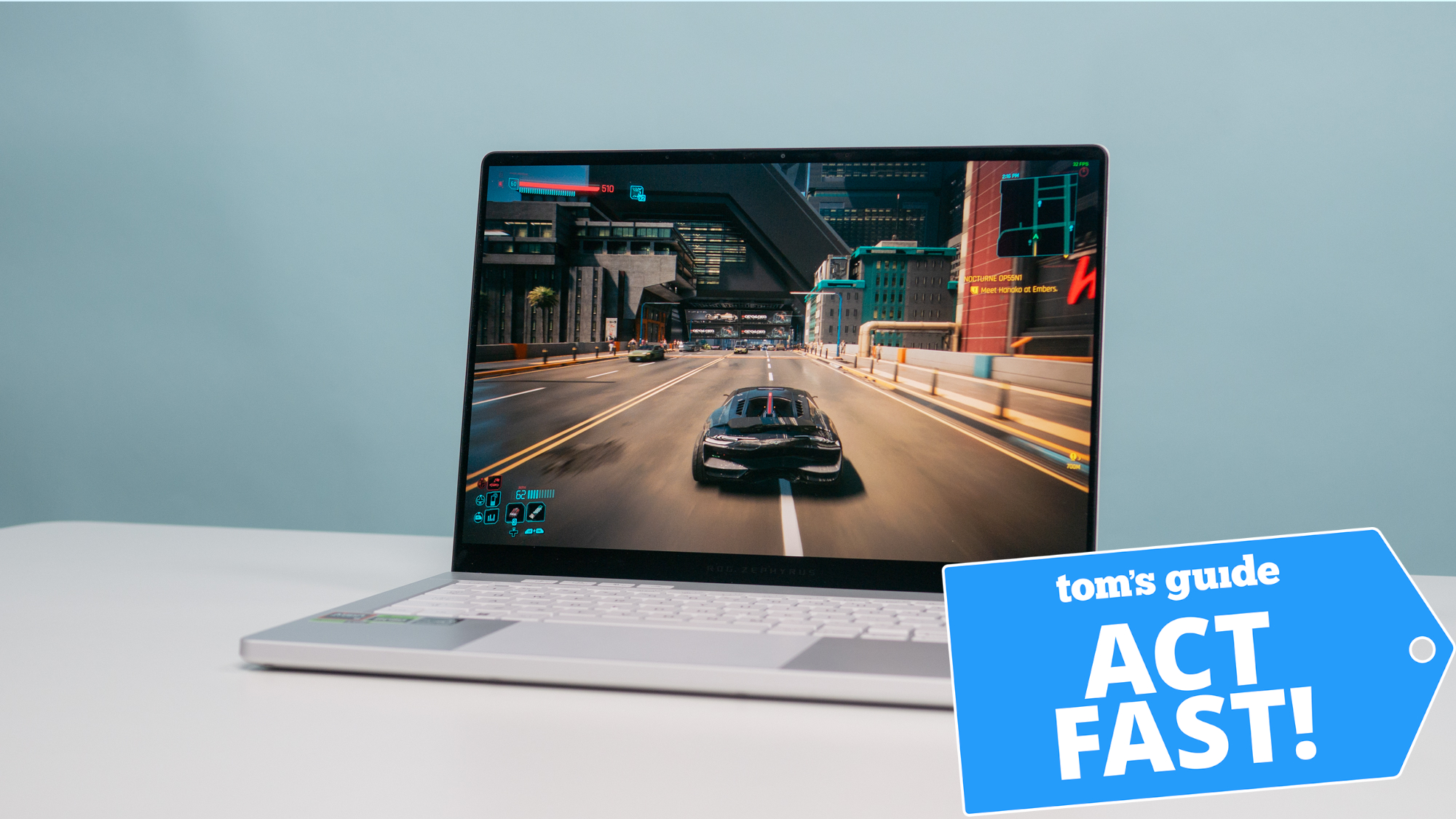Samsung Reveals Galaxy S10's Secret Weapon
The new Exynos 9820 processor has six Cortex cores plus a dedicated AI core.
The new Exynos 9820 is Samsung’s new top-of-the-line mobile processor and, with almost total certainty, the brains of the Galaxy S10 series. Or at least the international version.
It’s a formidable CPU that aims to go head-to-head against the latest Apple’s A12 Bionic, Huawei’s Kirin 980, and Qualcomm’s Snapdragon 855. And it packs a dedicated neural processing unit (NPU), which is important because Samsung's flagships have trailed the competition when it comes to AI smarts.

A Real NPU (finally)
On paper, the specs for the new Exynos are impressive. It has three CPU clusters. The first one contains two custom-made processing units (Samsung is not giving any details about this except it claims they are designed to deliver “ultimate processing power”). The second has two ARM Cortex-A75 cores for “optimal performance” and the third has four Cortex-A55 that are supposed to kick in to save battery while running apps that don’t require maximum muscle.
MORE: Samsung Galaxy S10 Rumors: Release Date, Specs, and More
The three CPU clusters are complemented by a new Mali-G76 MP12 graphics processing engine that, according to Samsung, delivers a 40 percent performance increase at peak and 35 performance improvement in power efficient mode compared to the Exynos 9810, the CPU in the Samsung Galaxy S9.

The chip contains a neural processing unit, dedicated to perform all artificial intelligence in the phone. The boost of AI performance over the previous Exynos is seven-fold — which is easy since the Exynos didn’t have a dedicated NPU.
Sign up to get the BEST of Tom's Guide direct to your inbox.
Get instant access to breaking news, the hottest reviews, great deals and helpful tips.
It’s a bigger improvement than the one Apple made with it latest A12 Bionic chip, but the Cupertino company had a wide lead in all fronts. Since this is Samsung’s first chip with a neural engine, we can’t compare performance until it comes out in the S10. Apple, however, is two generations ahead, which probably means that they will have a lead there, too.
MORE: Best Black Friday Tech Deals
Five Camera Sensors, 8K Video
Feature-wise, the most important aspect of this new CPU is its multimedia muscle. Samsung claims that the image signal processor in the 9820 can handle five camera sensors, including an infrared imaging sensor, for multi-camera operation. The ISP talks to the processor’s new dedicated neural processing unit to combine the input of the cameras to manipulate the images as needed.
The processor can also handle 8K video capture and decoding at 30 frames per second with 10-bit color, which is impressive on it own and matches the alleged HDR display of the Galaxy S10 and the latest TVs color capability. At 4K, this thing can handle an amazing 150 frames per second. Compare that to Apple’s A12 Bionic 4K video recording at 60 fps. The latter doesn’t support 8K recording at all.
Exynos 9820 performance boost
Samsung claims that the new Exynos delivers “around 20-percent improvement in single core performance or 40-percent in power efficiency” when compared to the chipset in the Samsung Galaxy S9. In multicore, the improvement goes to 15 percent.
MORE: iPhone Xs and Xs Max Benchmarked: World's Fastest Phones (Again)
A weak point of the latest Exynos is Samsung’s custom 8-nanometer fabrication. That will yield a lower power efficiency than Apple and Huawei’s 7nm manufacturing processes, even while the Korean company is claiming a 10 percent reduction in battery consumption.
Lastly, the CPU contains its own LTE modem — which is not 5G. This matches the rumors that there will be two flavors of the Samsung Galaxy S10, one without 5G launched at the end of February and another with a dedicated 5G modem that will probably arrive in March.
Of course, we will see how all these performance claims translate into real-world advantages when the Samsung Galaxy S10 comes out in February. The phone is expected to be unveiled at Mobile World Congress in Barcelona, Spain.
Jesus Diaz founded the new Sploid for Gawker Media after seven years working at Gizmodo, where he helmed the lost-in-a-bar iPhone 4 story and wrote old angry man rants, among other things. He's a creative director, screenwriter, and producer at The Magic Sauce, and currently writes for Fast Company and Tom's Guide.
-
environmental0992 All these rumors going around, when this finally hit the shelves there will be nothing left to awe us as customersReply

